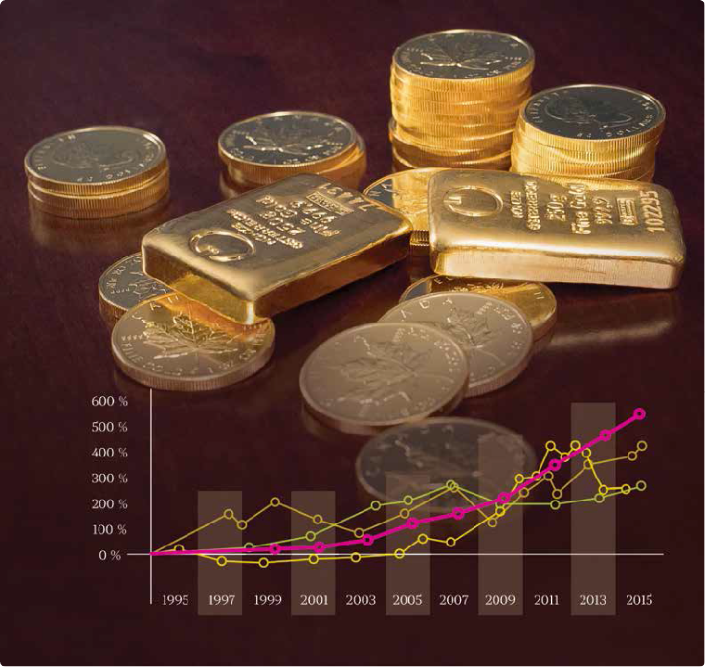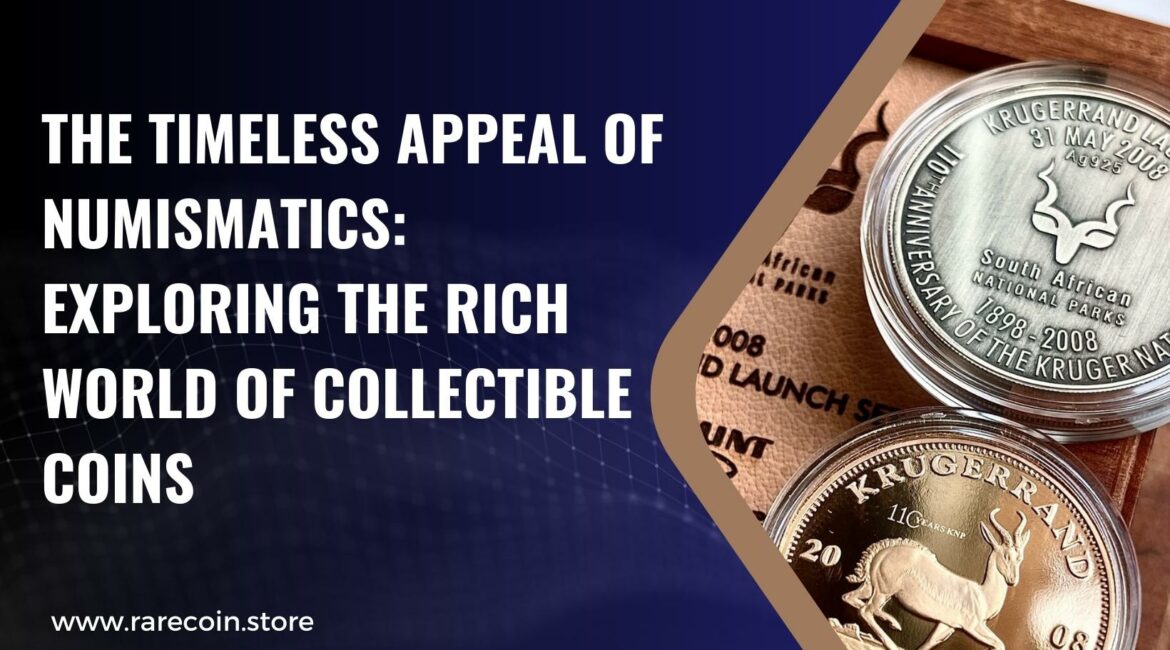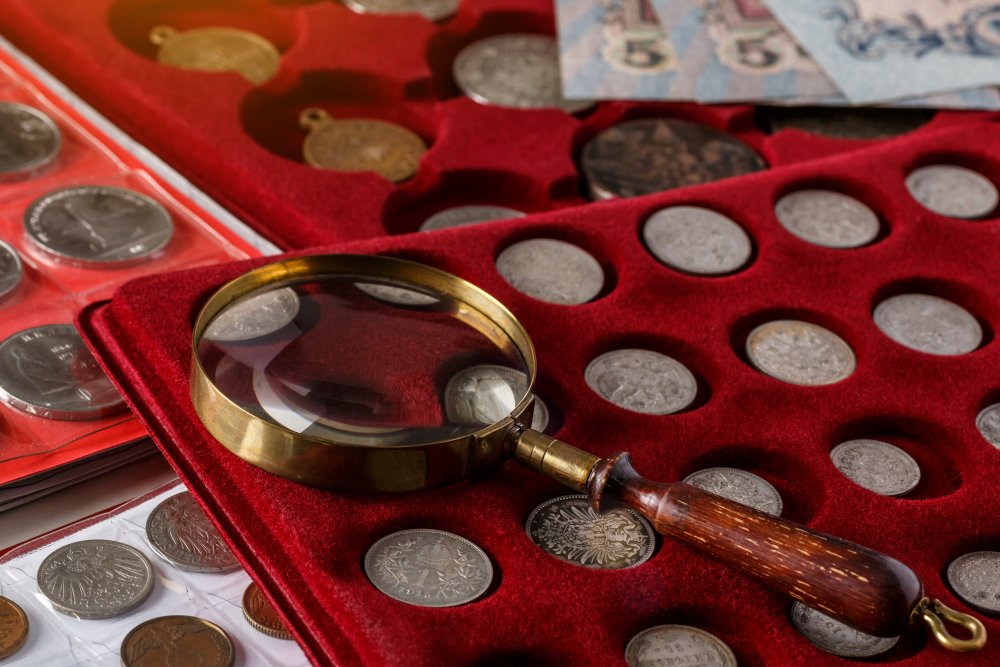New Suggestions For Picking Banknote Value And Rupee
New Suggestions For Picking Banknote Value And Rupee
Blog Article
What Is The Best Way To Use The Numismatics Database To Conduct Studies On Security Printing Facilities And Numismatics In General?
When conducting research on numismatics involving security printing, it is essential to use databases that focus on security and production of currencies. features. Additionally, the most recent technological advancements are used in printing, minting, and printing processes. The following is a methodical procedure for conducting this kind of research:Database selection: Choose databases that are focused on currency production as well as security printing facilities. Some examples include databases from national mints, like the United States Mint or Royal Mint; central banks, like the Federal Reserve and European Central Bank; or publications or databases that are specific to the business.
Define Research Focus: Specify your research objectives. You may be interested in the past and operation of certain security printing facilities, technological advancements in the production of currency, in security features that are incorporated on currency notes and coins or the economic consequences of anti-counterfeiting policies. Make clear the goal of your search.
Search Strategy: Use keywords such as “security printing facilities, "currency manufacturing,"" "coin-minting technology," and if relevant, include specific facility or geographic region names. Use advanced options to filter results by the date, type of document (such a production or technical report) and security features.
Data Collection: Access information about security printing firms with their date of establishment, technological advancements of printing and coining processes, kinds of security features that are embedded in notes and coins, as well as any changes or developments in the past in production techniques.
Analyze Data: Examine all the data and determine the impact security printing technologies have affected numismatics. Examine how security options like microprinting and the use of holograms or inks that are specially designed have developed to stop counterfeiting. Compare and contrast the different methods employed by printing facilities.
Cross-Referencing: Check your findings by cross-referencing data across multiple databases and other sources. This helps to ensure that your research will be exact and complete, which allows you to get a good overview of global practices in security printing.
Documentation. Document your research findings by systematically using sources and listing any methodology you've used. Provide the databases you that you use and the search term(s) and the relevance of each source to your question.
Stay informed: Security features and printing technologies are constantly evolving. Check out industry publications, such as mint reports as well as central bank publications to be up-to date on the most recent developments and security-related features.
These steps will help you search databases for security printers. This technique allows for an in-depth study of the technological advancements as well as security features and historical developments which shape the distribution and production of banknotes as well as coins around the world. Take a look at the recommended i was reading this about dinar for blog examples including krona, banknote auction, gold coins, coin appraisal, banknote album, ringgit, coin dealer, banknote auction, coin forum, obsolete currency and more.
How Can I Find Numismatics For Exhibitions And Show Events With An Online Database?
Finding out about numismatics related to events like exhibitions and shows is done by using databases that record information on numismatic exhibitions, shows, conferences, and related events. This is a structured method for conducting such research. Websites of the most prominent numismatic associations such as the American Numismatic Association, online platforms that list the world's numismatic exhibits, or museums archives are a few examples.
Define Research Focus: Specify your research objectives. Do you have a desire to exploring the upcoming and previous numismatic shows, conferences focused on numismatics? Are you interested in regional coin shows, thematic exhibitions or educational events? Clarify your focus to guide your exploration.
Keyword strategy Use keywords for "numismatic" events and exhibitions, "coin shows", "numismatic conferences". If appropriate you are able to include event names or locations. Sort results by advanced search options. This can be done by the date, type of event (such such as exhibitions and conferences) and geographical regions.
Access to information on past and future numismatic exhibitions. Information on the dates, organizers, and locations of events, topics or collections, exhibitor participating, publications or catalogues related to the event, and so on. It is possible to gather information. Browse databases that provide virtual tours and digital access to exhibit materials.
Examine the data to identify the educational objectives, themes, and trends of numismatic events and exhibitions. Examine how different exhibitions and shows help to increase increasing awareness about numismatics among the general public, facilitate exchange between scholars and display important collections.
Cross-Referencing: Verify the validity of your study by comparing information from various databases as well as official websites. This will ensure the accuracy and completeness of your study. It also provides a global overview of the numismatic exhibits that are being held.
Documentation: Record your findings thoroughly, citing sources and noting methodologies used. Note the details of the databases you used and the search terms you used, and how each source is related to your research.
Stay up to date: Numismatics remains an evolving field with numerous exhibitions, conferences and exhibitions. For the most up-to-date information on forthcoming events, keep an eye out for updates from numismatic associations such as event organizers, specific databases.
By following these steps, you'll be able to effectively utilize databases to study the numismatics of exhibition and show events. This method allows for an in-depth investigation of the variety of exhibitions and numismatics across the globe, their educational value as well as the scholarly value they bring. Check out the recommended currency history examples for site tips including banknote holder, coin storage, coin series, banknote storage, coin identification, bullion coins, banknote, central bank, banknote magazine, yen and more.
How Do I Utilize The Database To Look Up Numismatics With Regards To Collectors?
To conduct this type of research, here's a methodical strategy: Here's a systematic approach to conduct research on this subject: Database Choice: Choose databases that are specialized in the collection of numismatics, collector profiles and numismatic society profiles. They include online forums for collectors (such as those run by the American Numismatic Association), sites of numismatic organizations Collector databases, as well as specialized numismatic platforms.
Define Research Focus: Specify your research objectives. Do you want to know more about the collecting habits of specific collectors, how famous collections come to be as well as numismatic trends or the historical and cultural reasons that drive collecting? Clarify your search to help you.
Utilize words that refer to collectors, like "numismatic" or "collector profiles", and add particular names for collectors when necessary. Advanced search options let you to search by date, interests in collecting (such ancient coins or exonumia) and membership in numismatic groups as well as other criteria.
Data Collection: Access to information about collectors. This includes biographies of collectors as well as their collecting interests, notable purchases, and contributions from members of the community or experts. Get information on the development and dispersal of noteworthy collections such as auction results and catalog entries.
Analysis: Analyze data to comprehend the motives and factors that drive collecting numismatics. Discover how collectors affect market demand and trends in collecting. Also, explore the role they play in preserving and disseminating the numismatic heritage through exhibitions, publications, and educational initiatives.
Cross-Referencing: Verify your research findings by cross-referencing data across multiple databases, collector profiles, numismatic publications, and auction archives. This will guarantee accuracy and completeness of your research and provide insights into the various aspects and contributions of collectors to numismatic communities.
Documentation - Record your research findings in a systematic manner by noting the sources and methods used. Keep track of information like databases you've used, your search terms, and their connection to your research questions.
Keep up-to-date with the latest developments in numismatics collection styles and interests change over time. Keep track of updates on collector forums, publications from numismatic societies and databases for collectors with specialized interests to stay up-to-date on most recent developments and trends.
Following these steps will allow you to effectively use databases to explore numismatics as it relates to collectors. This method allows for a thorough study of the motivations and needs of collectors as well as their contributions to the numismatic world. Take a look at the recommended coin certification blog for more recommendations including coin mintmark, treasury, coin design, currency, antique banknotes, coin dealer, banknote catalog, coin history, peso, nickel and more.
What Can I Do To Find Out More About Numismatics Through Online Forums And Communities Using A Numismatics Database?
For conducting such research, here's a logical procedure: Database Selection: Choose online communities and forums that are specialized in numismatics. These forums permit collectors, enthusiasts and experts to share knowledge as well as discuss the latest trends and showcase collections. Here's a structured approach to conduct research on databases: Database Selection: Pick online forums and communities that specialize in the field of numismatics. For instance, forums such as CoinTalk or Reddit's r/Coins as well as specific communities devoted to numismatics on social media platforms, like Facebook groups, LinkedIn, or Facebook groups are a few examples.
Define Research Focus: Specify your research objectives. Do you want to learn more about current collecting trends or discuss certain kinds of coins, historical periods or seek advice about authenticity and grade. Make sure you know what your goals are to help guide your search.
Search Strategy - Use terms that are relevant to your interests (such such as "numismatic groups," "coin communities," or "numismatic online discussions") Include particular keywords (such as coins from the past modern money, ancient coins, or paper currency) and keywords related your research question. Make use of search options on each platform to find relevant discussions.
Data Collection: Participate in discussions, threads and posts within online communities. Learn information about coin identification as well as current market trends as well as personal experiences and discussions about numismatics.
Analysis: Examine and appreciate the opinions of members of the online numismatic communities. Evaluation: Assess the credibility of the information, based on the expertise of the authors, the agreement between the members on certain topics and the depth of the discussions.
Cross-Referencing: Confirm your findings by cross-referencing data across different forums and online communities. Examine the insights of other communities to get an overall view of collecting patterns, market trends or experts from the Numismatics community.
Documentation: Record your findings systematically, citing particular threads, discussions, and contributors if required. Keep track of key insights, trends, and opinions shared within the forums and communities on the internet.
Be involved: Participate in discussion and post questions to discover more about and build connections within the numismatist community. Stay informed by following the latest threads, responding to them and making announcements.
These steps will allow you use forums online as well as communities and other sources effectively to conduct research into the numismatics. This technique lets you tap the collective knowledge and expertise of a wide collection of experts and collectors offering valuable insights and perspectives on different aspects of coin identification and appreciation. Have a look at the most popular coin engraving tips for site info including coin rarity, coin club, coin identification, coin mold, coin edge, coin release, banknote history, banknote holder, precious metals, banknote display and more.
How Do I Utilize The Database To Look Up Numismatics Regarding Industry Consultants?
Here's a systematic approach to conducting this type of research: Database Selection: Select databases that specialize in consulting companies, industry reports and publications relevant to numismatics. A structured approach is provided to assist you in conducting this kind of research. Examples include the business directory, consulting firm websites, and publications of numismatic associations.
Define Research Focus: Specify your research objectives. Are you interested in knowing more about consulting services offered to numismatic companies, market analysis reports on numismatics, expertise of consultants on specific industries, or even patterns identified by industry experts? Find out more about the services that can assist you.
Search strategy: Use keywords, such as "numismatic firms", "numismatic firms", and "market reports on coins." If applicable, also include the areas of expertise or geographic regions. Utilize advanced search options for sorting results by specific areas of expertise and the services provided by consultants.
Data Collection: Access data on consulting companies that specialize in numismatics. Additionally, there are industry consultants who offer services to businesses dealing with numismatics. Find out more about profiles of consultants and specializations (market analyses collecting management, and authentication) testimonials from clients and reports written by the firm.
Study data to comprehend the role of consultants and the contributions they make in the field of numismatics. Analyze the strategies and skills used by consultants who offer advice on investments in numismatics trends in the market, or collection management.
Cross-Referencing: Verify your research findings by cross-referencing data across multiple databases, consult directories of firms, numismatic societies publications, and reports from industry. This method ensures the accuracy of your research and comprehensive, giving you full understanding of the world of consulting in the field of numismatics.
Documentation: Document all your findings, including the sources you used and noting the methodology you employed. Note the details of the databases accessed, search terms used, as well as the relevance of each source to your research questions.
Stay up-to-date: Consultancy and other services and the market trends in Numismatics are constantly evolving as regulatory and economic adjustments occur. You can stay up to the latest industry trends by keeping an eye on the websites of consulting firms and industry reports.
By following these steps, you can effectively make use of databases to research the numismatics industry in relation to consultants. This technique allows for a thorough review of the advice services offered, the market analysis that is conducted, and the strategic insights consultants offer within the numismatics sector. Additionally, it provides valuable perspectives about business operations and investment strategies and market dynamics. Follow the recommended gold coins for website tips including dinar, commemorative coins, coin design, engraving, collection, denomination, rand, coin identification, real, coin blank and more.